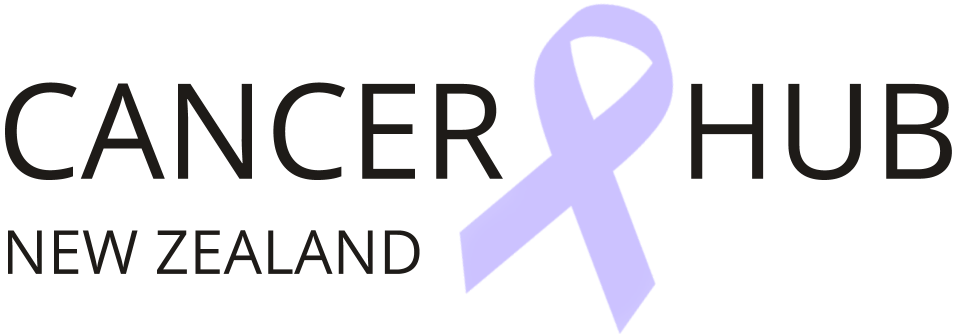The following is written for a newly starting student, who may be an international student and so several things might not be applicable to NZ domestic students:
1) Packing advance to NZ: Do not pack any plant product, NZ has very strict biosecurity laws. If possible pack a sleeping bag, good quality puffer jacket, rain/wind-proof coat. You can also buy here in NZ after arriving. However, sleeping bag and some good winter clothes are handy. International food and things (Indian, Mediterranean, Western, Turkish, Asian) are all available here. Bring some cash or NZD in travel card or an international credit card. This will be necessary until you get scholarship (you might need 1000-1500 NZD to have with you).
2) Accommodation: Sort out your accommodation before you arrive. Here are some resources. Talk to Dr Aniruddha Chatterjee (aniruddha.chatterjee@otago.ac.nz) if you wish for more personal advice and requirements (or contact Anirudddha via watsapp: +64210701558). Also other members of his lab will be happy to help.
– There are several type of accommodation available: a) Uniflats b) shared flat that you can find c) studio rooms (i.e. your own room with shared facility and less flatting type responsibility). Rent could range from $150-$225 per week depending on your choice. You can find cheap accommodation, however be aware anything below 150 is likely to be poorly insulated and sub optimal facility.
Uni Flats (university managed shared flats for undergrads and postgrads, initially this is an excellent option for first 6 months or 1 year, rent is ~$210/week that includes fully furnished room, all necessary things and power and internet, so all inclusive). Website: https://www.otago.ac.nz/uniflats/index.html
– You can also ask the University accommodation office in general to get advice and to be aware of options and costs: https://www.otago.ac.nz/uniflats/index.html
– You can see Trade Me accommodation website to find accommodation of your choice:https://www.trademe.co.nz/property/residential-property-to-rent/otago/dunedin/view-list
In addition you can look in to some real estate agent websites to find something suitable as well: some of the known and trustable ones are:
Metro: http://www.metropropertymanagement.co.nz/homes-for-rent/?featured
Edinburg Realty: https://www.edinburghrealty.co.nz/
Cutlers: https://www.cutlers.co.nz/
NIDD: https://nidd.co.nz/
3) Department and reporting and other tasks: Our Department of Pathology is located in 270 Great King Street, Hercus Building, Dunedin 9054. Arrive here and report to reception. I will come and meet you.
Step 1: Meet our department manager Alison Tait and get used to initial induction. Her email: alison.tait@otago.ac.nz. She will organise and let you know your desk space and computer. You are likely to get an apple iMAC (new) for your work. Additional arrangement depending on your work could be done if necessary. Talk to your PI (Chatterjee).
Step 2: Meet department compliance manager Lynne Hananeia, email: lynne.hananeia@otago.ac.nz. She will organize your card access to department and also your compliance training for working in our PC2 lab. Note: Generally you will have after hour access, however, if you embark on after our experiment and access you need to inform me (PI) and discuss with me first. Similarly, during Christmas break you are less likely to work, if you need to work you need to discuss with me 1 month prior holidays. I am your approved user (AU), you need to read documents initially, pass a quiz test and satisfy requirements laid out by Lynne to start working in the lab. This is likely to take 2 weeks from start date.
Step 3: Meet the team and lab (Aniruddha) and also Heather Cunliffe (post-grad coordinator of Pathology). Email: heather.cunliffe@otago.ac.nz
Step 4: Clocktower and main administration work of University: You need to report to International office, get your start up pack there, discuss opening of scholarship and also organize your student ID card from central office at the University (10-15 min walk from pathology). Once you have done those, got your card you report to Lynne and Alison again and they can keep that record and activate your access. This process could also take 2 weeks from start. Note: After admission when you come here you need to enroll your PhD course in e-vision and after that you can apply for ID card. International office will guide you again on these aspects and members of Chatterjee lab would help you.
Step 5: Bank account: most convenient option is open account at ANZ as this is located in front of Pathology and also has student friendly features. You need: Your offer letter, scholarship letter, passport, address proof (accommodation and if not department address), passport size photo for opening account. You need this to get scholarship. Ask Aniruddha as he will put you in touch with personal banker to make it easy and smooth for you.
Step 6: Also in George street by giving similar proofs as step 5 you can get a SIM card. 2degree is what most people use. Other options are Vodafone and Spark. They all are situated close to department. Also if you get a chance you can obtain that from Auckland or Christchurch airport. This might make it easy to communicate. Cost= 20-30 dollars (will include a month worth use)
Step 7: Know your IT people who will help you in setting up your computer. They are excellent. Lars VoorKamp (lars.voorkamp@otago.ac.nz) and Andrew Crawford (andrew.crawford@otago.ac.nz)
4) Initial start with work: Be aware of the PhD process. You can talk to Heather about it and also with me. Know how to organize your committee meeting, expectations. Within a month of your arrival we need to complete a MOU (memorandum of Understanding). Ask Heather or another PhD student in the lab about it, get forms and get organized. This will be between you and me. Meet and know your co-supervisor’s and PhD committee convener.
NOW ITS TIME TO DO SOME GOOD SCIENCE
